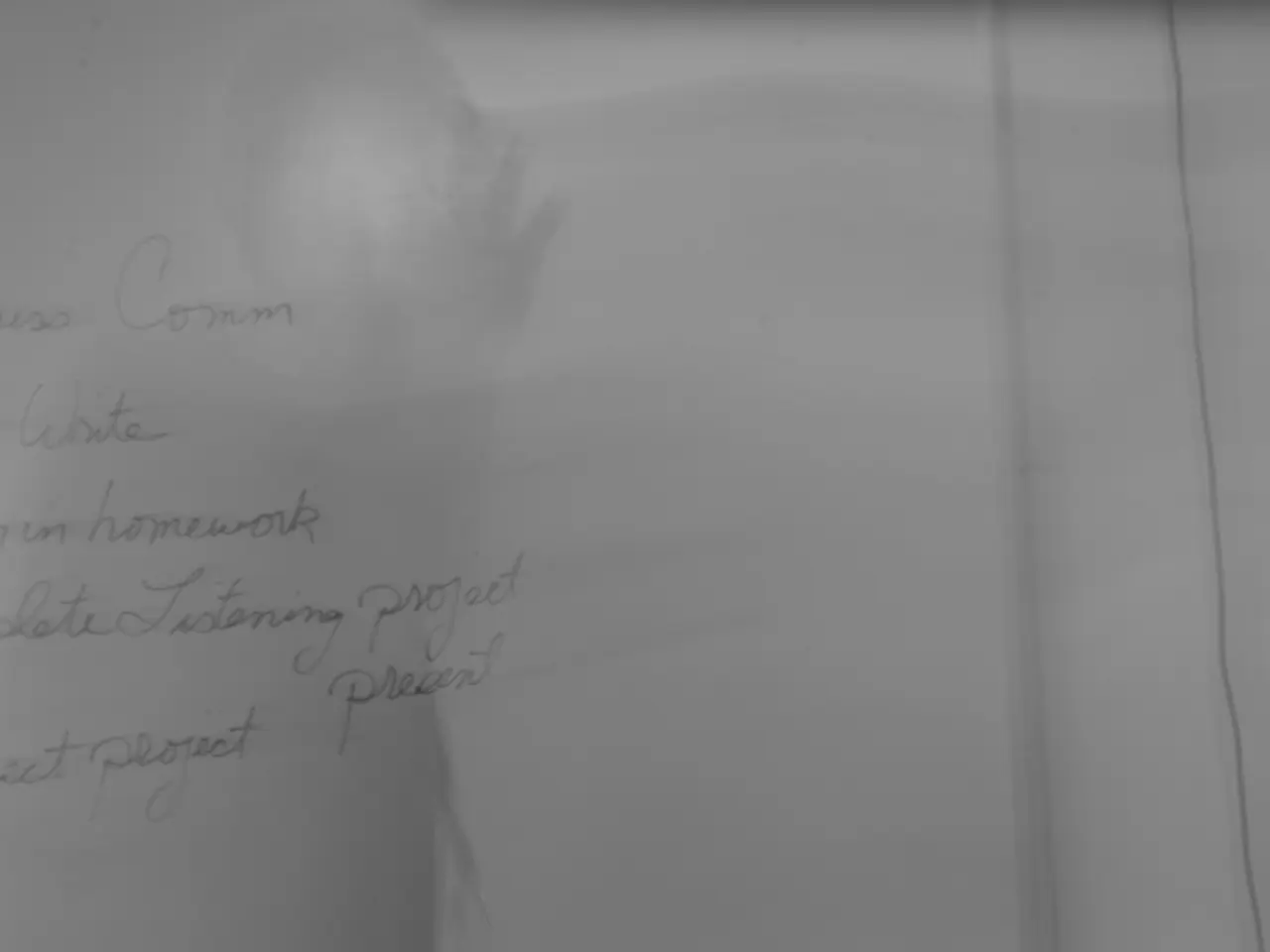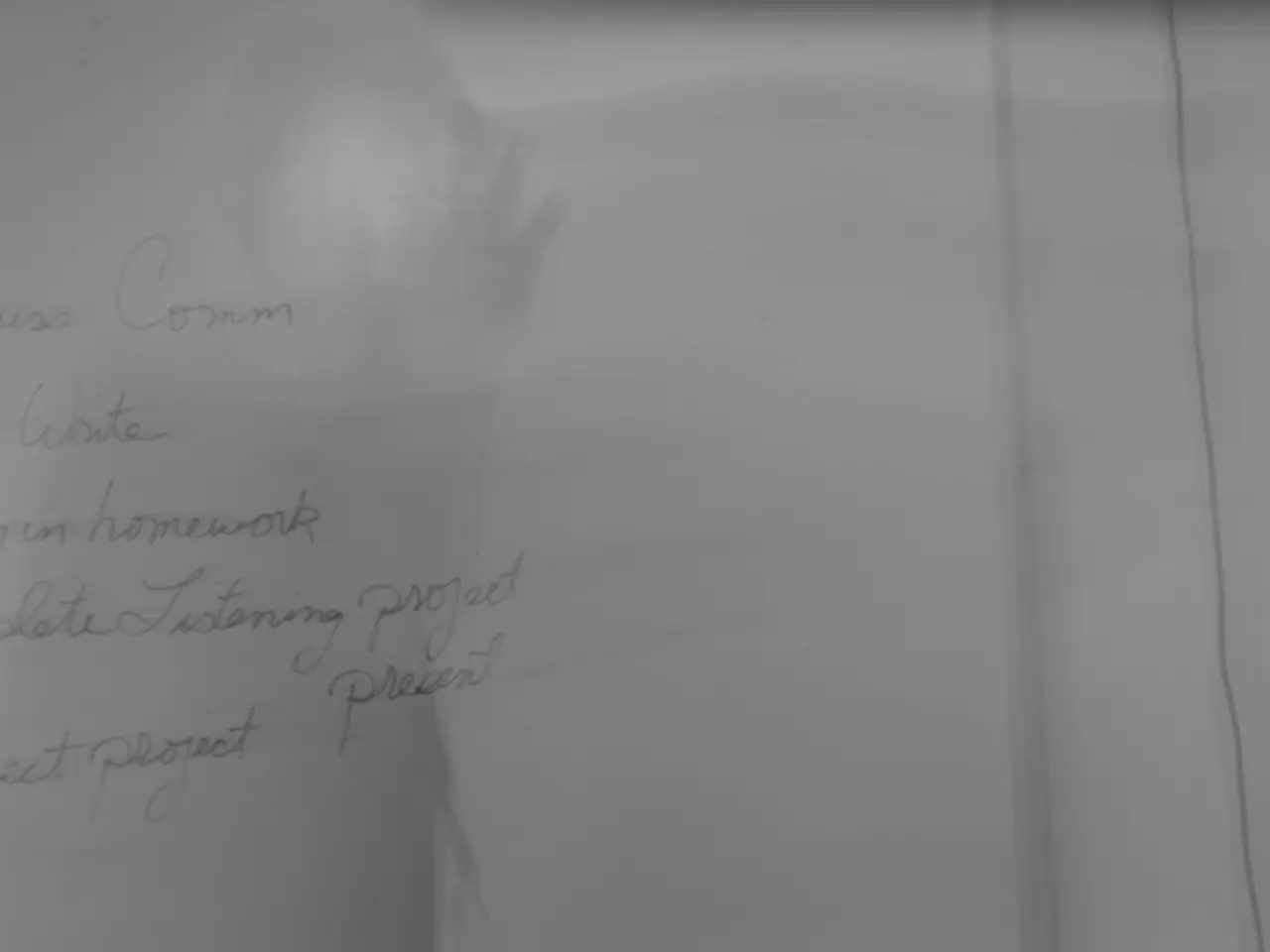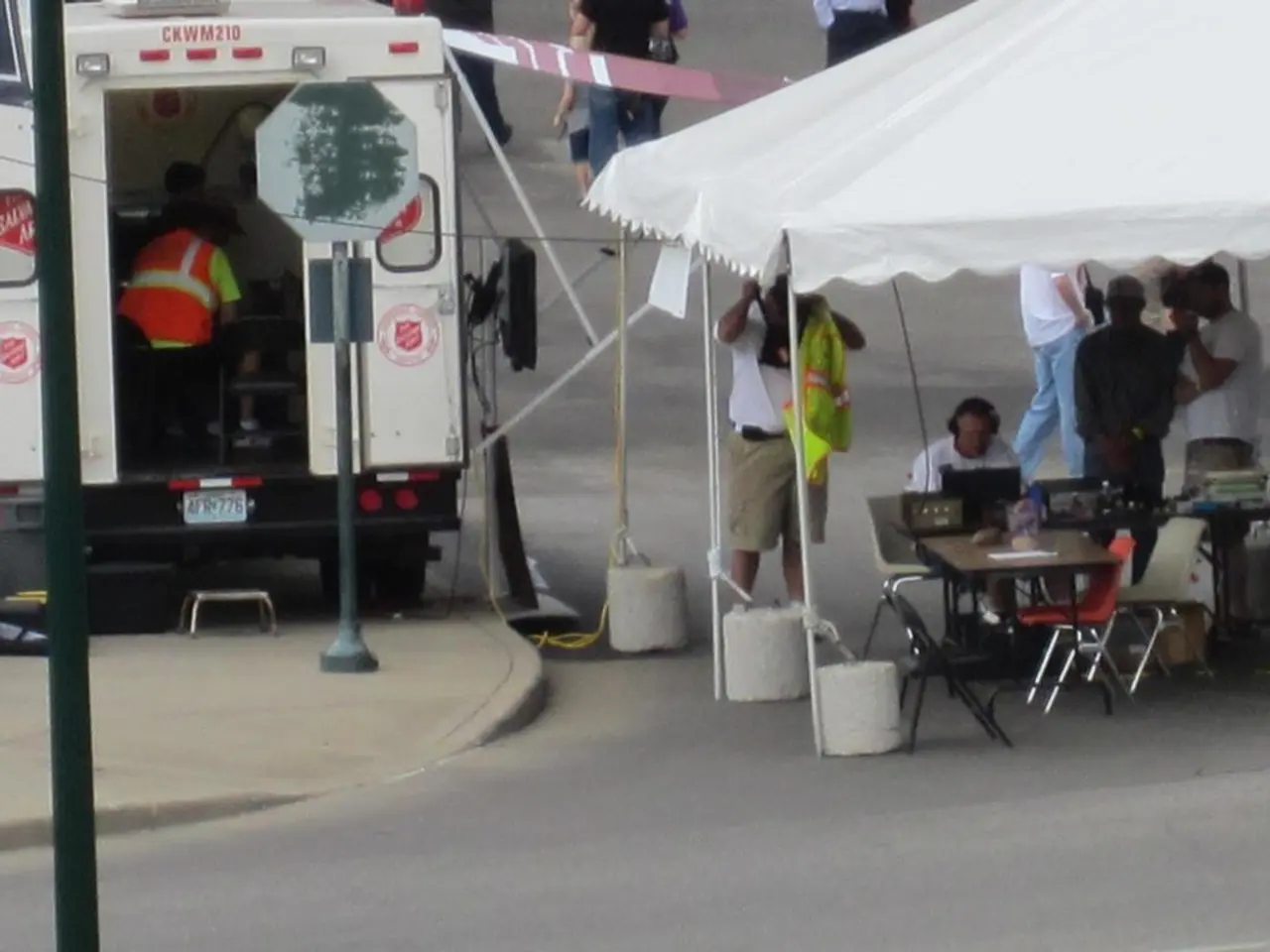Schools' Potential Misuse of a 50-Year-Old Law Unfamiliar to Many
A young kid recently nailed his head on the playground, yet his family can't get the video footage from the school's surveillance system to find out what really occurred. The school says releasing that footage violates student privacy.
Governors are ordering schools to inform parents if there's a fentanyl overdose at their child's school, but many schools have kept their distance, citing a misunderstood law. Across the nation, K-12 schools and universities frequently deny information to the public – even to parents of injured students – claiming student privacy or the Family Educational Rights and Privacy Act (FERPA).
But Frank LoMonte, Senior Counsel at CNN and a former director of the Brechner Center for Freedom of Information at the University of Florida, argues that schools often misinterpret FERPA. He says, "There's no question that FERPA was a well-intentioned law that has gone completely off the rails and is now really more of a detriment to the quality of education than an asset."
FERPA prevents schools from publicizing specific, sensitive student records. However, it doesn't carry any consequences for schools that refuse to disclose information that should be accessible to the public. LoMonte explains, "There's only so much protection for the records, not for the information. If a journalist or a parent were to ask an educator about a student, the educator is completely free under FERPA to share personal experiences and observations."
Schools could be violating FERPA by withholding too much information, potentially impacting public safety. LoMonte discusses how some schools use FERPA as an excuse to keep sensitive, yet essential details under wraps. He goes on to explain actionable steps to fix this issue.
Why was FERPA enacted?
FERPA was passed by Congress in 1974, addressing a concern over K-12 schools hiring psychologists and therapists who administered behavioral tests to students without proper confidentiality policies. The law aimed to shield students in extreme situations when schools violated or refused to adopt confidentiality policies.
Congress intended FERPA to be applied in unusual, outlier cases. Legislation provides parents or adult students the right to inspect records, correct mistakes, and demand a hearing if corrections are denied.
What records are schools banned from publicizing?
The Supreme Court has defined FERPA privacy as narrow and encompassing a small subset of records. It doesn't apply to every email, text message, or video with student identifications. In a 2009 case, the Supreme Court stated that FERPA only pertains to records permanently stored in the principal's or dean's office that correspond to a student's name.
Can schools disclose details if they don't hand over records?
Yes, educators are free under FERPA to share their personal experiences and observations with journalists or parents. The only way federal law can be triggered is by reading the contents of a file in the principal's office aloud.
How could a school violate FERPA?
A school or college that takes federal money must maintain a policy of keeping student education records confidential. Failure to do so means facing financial penalties, such as the loss of federal funds. While the Department of Education has never imposed such penalties, they can issue warnings to schools.
Why do some schools overuse FERPA to keep details hidden?
Misinformation and a concern for reputation contribute to schools withholding important details. Some schools might have received bad training, creating confusion, while others may intentionally misapply the law to avoid oversight and transparency.
Why should parents care about schools misinterpreting FERPA?
If your child is injured on the school bus and you demand the surveillance footage, your request will be denied if the school has incorrectly interpreted FERPA. This leaves parents unable to obtain answers about their child's injury, the attacker's identity, and punitive measures against the attacker, even without explicit names.
If a school misuses FERPA and withholds information, how can the public push back and get the information?
To obtain information, the public can file a lawsuit for public records, a time-consuming and expensive process. Unfortunately, private schools, which aren't covered by the Freedom of Information Act (FOIA), aren't impacted by this approach. In court, schools argue they are forbidden by federal privacy laws from answering questions, while judges tend to be deferential to these privacy claims.
Why do judges often side with schools regarding FERPA?
Judges are reluctant to challenge schools on FERPA out of fear that schools will lose all federal funding if they reveal information, potentially damaging the school's reputation. LoMonte suggests that this reluctance arises from schools' lawyers warning judges about the potential consequences of disclosing information.
Could schools face financial penalties after a FERPA violation?
No, financial penalties are not usually imposed after a single FERPA violation. The Department of Education can issue a warning to schools that fail to maintain confidentiality policies; however, financial consequences do not immediately follow. the penalties are only enforced if a school continuously refuses to comply with federal policies.
Could schools be justifiably concerned about identifying students, even if they don't explicitly name them?
In some cases, revealing a few identifying details might lead to students being traced; however, it depends on the specific circumstances. The more crucial concern is protecting the reputation of people against inaccurate or unfair information in their school records.
What happens if a student is already publicly identified by police, like a minor who is charged as an adult?
Under normal principles of privacy law, information ceases to be private once it is widely known by the public. If it is widely known that Billy brought a gun to school and was arrested and jailed, then nothing about Billy bringing that gun to school is private anymore. Nevertheless, schools will continue to claim they cannot divulge anything about what Billy did or what punishment he received.
What if a student is not charged as an adult, but is still a juvenile suspect?
In these cases, the privacy scale leans more towards allowing the public access to information, as long as the crime is severe and the school has ignored several warning signs that posed a threat to student safety.
Are there consequences to withholding too much information?
FERPA does not penalize schools for withholding too much information. The law only applies to records and offers no consequences for overprotecting privacy. As a result, parents are left with no recourse when requesting information vital to their child's safety and wellbeing.
Why isn't there accountability for overprotecting privacy?
Congress did not include consequences for over-concealing information in FERPA. Only parents can file a complaint under FERPA, while journalists or members of the community cannot. This inconsistency in the law allows schools to claim that public records are confidential under FERPA, even when they are not.
Why do schools use FERPA or "student privacy" as an excuse to withhold details that don't harm privacy?
Some schools use FERPA as a way to avoid oversight and transparency, claiming they cannot share information to protect federal funding. Schools may claim they are under federal privacy law restrictions, even when releasing information would be in the public's interest.
Why should parents care about schools misinterpreting FERPA?
If your child gets injured in a school-related incident and the school misinterprets FERPA, you will receive zero information about the incident, including surveillance footage showing the incident. This lack of transparency denies parents the opportunity to understand their child's injury and seek appropriate medical treatment.
In Arkansas, a family took their child to the doctor after he suffered a serious head injury on the school playground. They asked the school for the surveillance footage to aid in diagnosis and treatment, but the school denied their request due to FERPA. How can the case of the Arkansas family illustrate the impact of school misinterpretation of FERPA?
The Arkansas family's situation demonstrates how schools can withhold critical information in the name of FERPA, even when that information is essential for medical professionals to diagnose and treat injuries properly. In this situation, the school claimed surveillance footage was a confidential FERPA record because other students were visible in the footage. The family was left without access to crucial information needed for their child's treatment and recovery.
How can the public push back and get essential information from schools when they misuse FERPA?
Unfortunately, the only way to make an educational institution turn over information is by filing a lawsuit for public records. This process can be time-consuming and costly. Additionally, educational institutions will argue that they are forbidden by federal privacy law from answering questions when a case goes to court. In these instances, it is essential for judges to carefully evaluate these claims and determine when schools are misusing FERPA.
- The misinterpretation of FERPA by schools can hinder the disclosure of crucial information, like surveillance footage in cases of injuries or accidents, leaving parents uncertain about their child's welfare.
- Frank LoMonte, a senior counsel at CNN, argues that schools often erroneously apply FERPA, using it as an excuse to withhold essential details that should be accessible to the public.
- In the case of the Arkansas family, the school denied their request for surveillance footage of their child's head injury on the playground, citing FERPA, thus hindering their ability to aid in the child's diagnosis and treatment.
- The public can push back and obtain essential information from schools by filing a lawsuit for public records, but this process may be time-consuming, expensive, and contingent on judges carefully evaluating school claims involving FERPA.








